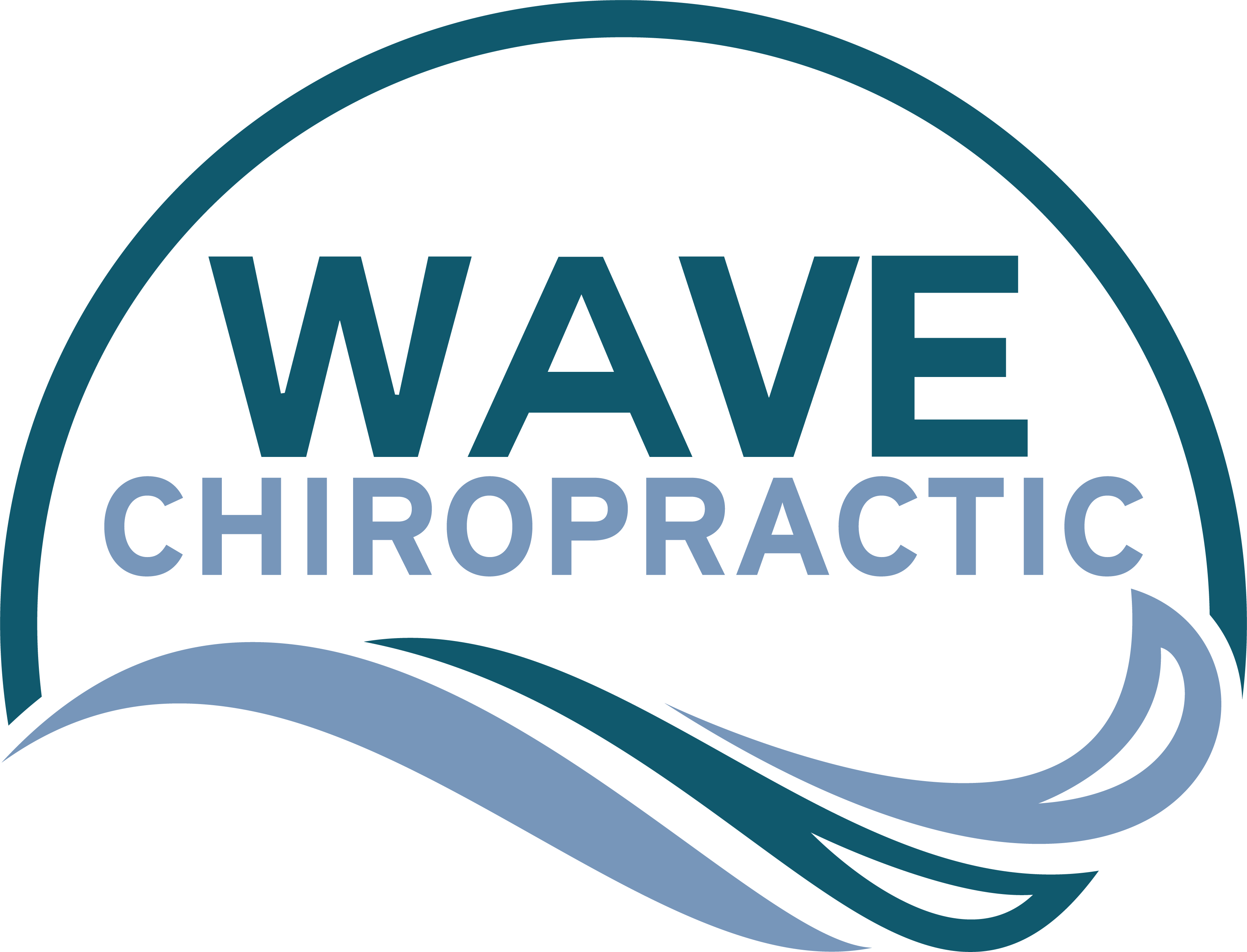If you're dealing with neck pain, exploring natural remedies might be a worthwhile approach for relief. Simple practices like stretching exercises can enhance flexibility, while heat and cold therapy often provide immediate comfort. You might also find that certain essential oils and herbal supplements help ease inflammation and discomfort. Alongside these methods, mindfulness techniques can promote a sense of overall well-being. However, the effectiveness of these remedies can vary from person to person—so what works best for you? Let's take a closer look at the options available.
Stretching Exercises
When it comes to relieving neck pain, incorporating a few simple stretching exercises can make a significant difference.
These stretches not only help alleviate discomfort but also improve flexibility and promote better posture. It's crucial to take a few minutes each day to focus on your neck and shoulder muscles.
Start with the neck tilt. Sit or stand comfortably, and gently tilt your head to one side, bringing your ear toward your shoulder. Hold this position for about 15-30 seconds, feeling the stretch along the opposite side of your neck. Repeat on the other side.
Next, try the chin tuck. Sit up straight and slowly tuck your chin toward your chest, pulling your head back slightly as if you're trying to make a double chin. Hold for 5 seconds and release. This exercise strengthens the muscles that support your neck.
Another effective stretch is the shoulder roll. Stand or sit with your arms relaxed at your sides, and roll your shoulders forward in a circular motion for 10 repetitions. Then, switch directions and roll them backward. This helps release tension built up in the shoulder area, which can contribute to neck pain.
Finally, consider the doorway stretch. Stand in a doorway with your arms raised and bent at 90 degrees. Place your forearms against the door frame and lean forward gently. You'll feel a nice stretch across your chest and shoulders.
Remember to breathe deeply during each stretch and listen to your body to avoid overstretching.
Heat and Cold Therapy
Using heat and cold therapy can be an effective way to manage neck pain and promote healing. Both methods have unique benefits that can help alleviate discomfort and improve your overall well-being.
When you apply heat to your neck, it increases blood flow, which can help relax tight muscles and soothe stiffness. You can use a warm towel, heating pad, or even take a warm shower to enjoy the soothing effects. Just be cautious not to use heat for too long—15 to 20 minutes is usually sufficient.
If you find that heat worsens your pain, it mightn't be the right approach for you.
On the other hand, cold therapy can be especially beneficial immediately after an injury or during flare-ups of pain. Cold packs or ice wrapped in a cloth can numb the area and reduce inflammation. Just like with heat, limit your cold application to 15 to 20 minutes to prevent skin damage.
If your neck feels better after using cold therapy, you'll know it's a good fit for your needs.
Incorporating both heat and cold therapy into your routine can provide significant relief. You might start with cold therapy to reduce swelling, followed by heat to ease muscle tension.
Always listen to your body, and if you're unsure which method to use or if your pain persists, it's a good idea to consult with a healthcare professional for personalized advice.
Essential Oils
Essential oils can be a powerful ally in your quest for neck pain relief. These concentrated plant extracts offer various therapeutic benefits that can help ease tension and discomfort in your neck. When you inhale or apply these oils, they interact with your body to promote relaxation and reduce pain.
One of the most popular essential oils for neck pain is lavender. Its calming properties can help alleviate stress and tension, which often contribute to neck discomfort. Simply add a few drops to a diffuser or mix it with a carrier oil and massage it gently into your neck and shoulders.
Peppermint oil is another excellent option. Its cooling sensation can provide immediate relief from soreness and stiffness. You can dilute peppermint oil with a carrier oil, like coconut or jojoba, and apply it directly to the affected area for a soothing effect.
Eucalyptus oil is also worth considering. It has anti-inflammatory properties that can help reduce swelling and discomfort. You can use it in a warm compress or add a few drops to your bath for a relaxing soak.
To maximize the benefits, you can combine different essential oils. Mixing lavender, peppermint, and eucalyptus can create a potent blend that addresses both tension and inflammation.
Remember to always perform a patch test before applying any essential oil to your skin to avoid any adverse reactions.
Incorporating essential oils into your neck pain relief routine can be a simple yet effective way to find comfort and relaxation.
Herbal Supplements
Herbal supplements can offer a natural approach to alleviating neck pain, harnessing the power of plants to promote healing and reduce inflammation. You can explore various herbs known for their anti-inflammatory and analgesic properties.
One popular option is turmeric, which contains curcumin, a compound that may help decrease pain and swelling. Adding turmeric to your diet or taking it in supplement form could provide relief.
Another effective remedy is ginger, known for its pain-relief properties. You can consume ginger tea or take ginger supplements to potentially ease discomfort in your neck.
Additionally, willow bark has been used for centuries to treat pain, as it contains salicin, a compound similar to aspirin. It might be worth considering if you're looking for a natural alternative.
Boswellia is another herbal supplement you might find helpful. This resin from the Boswellia tree has been shown to reduce inflammation and may improve mobility. You can take it in capsule form or as an extract.
Don't overlook the benefits of devil's claw, which has been associated with pain relief and can help manage discomfort in the neck area.
Before starting any herbal regimen, it's essential to consult with a healthcare professional, especially if you're taking other medications or have pre-existing conditions. They can guide you on the right dosage and any potential interactions.
Mindfulness and Relaxation Techniques
While neck pain can often feel overwhelming, incorporating mindfulness and relaxation techniques into your daily routine can markedly help manage the discomfort. These practices can reduce stress and tension, which frequently exacerbate pain. By focusing on the present moment, you can cultivate a sense of calm that eases both your mind and body.
Start with deep breathing exercises. Find a comfortable position, close your eyes, and take a slow, deep breath in through your nose, allowing your abdomen to expand. Hold for a moment, then exhale slowly through your mouth. Repeat this for several minutes, concentrating on your breath. This simple practice can lower stress levels and promote relaxation in your neck muscles.
Another effective technique is progressive muscle relaxation. Begin at your toes and work your way up, tensing each muscle group for a few seconds before releasing. Pay special attention to your neck and shoulders, where tension often accumulates. This practice not only helps you identify areas of tension but also allows you to consciously release it.
Meditation is also beneficial. Spend a few minutes each day sitting quietly, focusing on your breath or a calming mantra. This can create a mental space that reduces the perception of pain.
Incorporating these mindfulness and relaxation techniques into your routine can lead to a more balanced, pain-free life. Remember, consistency is key, so try to practice daily for best results.
Conclusion
Incorporating these natural remedies into your routine can help you find relief from neck pain. Stretching exercises improve flexibility, while heat and cold therapy eases muscle tension. Don't forget the soothing benefits of essential oils and the anti-inflammatory properties of herbal supplements. Finally, practicing mindfulness techniques can enhance your overall well-being. By trying these approaches, you can take control of your neck pain and enjoy a more comfortable, active life.

